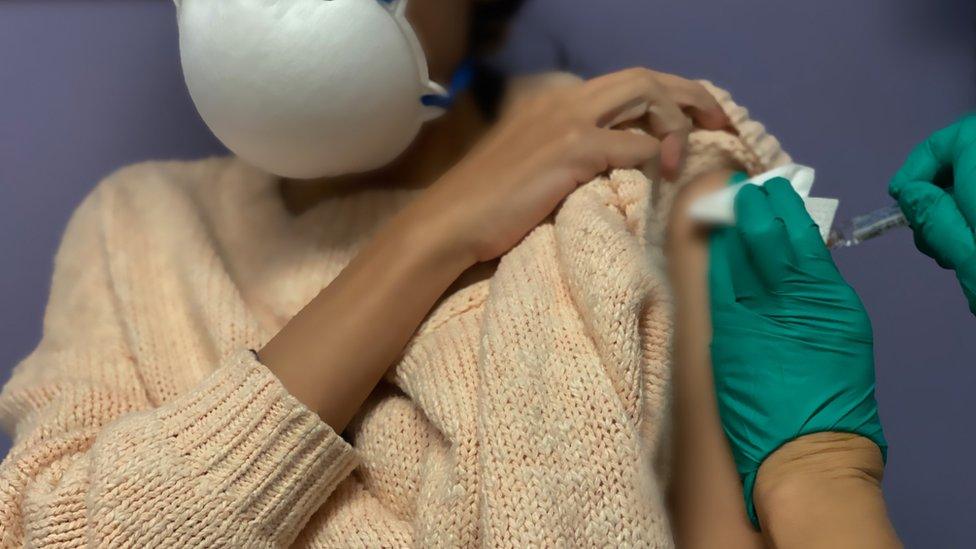Coronavirus vaccine: Who is Professor Sarah Gilbert?
- Published
- comments

Sarah Gilbert is the lead professor behind the Oxford coronavirus vaccine.
The team who've worked on the jab say it's effective in stopping most people from getting coronavirus symptoms and becoming seriously ill, with early signs that it can also prevent people passing the virus to others.
Prof Gilbert has a pretty important job and her vaccine work could help make a big difference to lots of people's lives.
So, what do we know about her?
Coronavirus: Meet the experts behind 'brilliant' Covid-19 vaccine
One of the most important scientists on the planet right now!
At the start of this year, it's likely you'd never heard of Professor Sarah Gilbert - but the chances are, you will have heard lots of people talking about her now!
Her work and research with a team of scientists, has brought about the possibility of a coronavirus vaccine that can be easily stored and transported to help people all around the world.
"She's gonna hate it, absolutely hate it," said her friend, biochemist Dr Anne Moore. "I mean, Sarah is the person in the room who does not want to be in the limelight."
But Prof Gilbert has been well-known among those working in science for a long time.
She set up her own research group to create a universal flu vaccine - that means coming up with a jab which would be effective against all the different strains.
In 2014 she led the first trial of an Ebola vaccine after a large outbreak of the disease in West Africa.
And she also worked on developing a medicine for Mers, a different type of coronavirus. It was that research which has helped to develop a vaccine so quickly to help with the 2020 pandemic.
WATCH: Vaccines: What are they and how can they help fight Covid-19?
Prof Gilbert described the process as a series of small steps - rather than there being one big breakthrough moment - with the work taking a few weeks to make a vaccine that worked against coronavirus in the lab.
It follows the news that other vaccines have been developed by companies such as Pfizer and Moderna in the US.
"From the beginning, we're seeing it as a race against the virus, not a race against other vaccine developers," she said. "We're a university and we're not in this to make money."
"We were quick," said her colleague Prof Teresa Lambe who explained that the team had come up with a design for the vaccine just days after Chinese scientists had published information about the new virus in January.
"Over the weekend, the vaccine was pretty much designed. We went pretty fast with it," she said.
She added that Prof Gilbert works hard and over long hours, often "emailing at 4am".
Sarah is the person in the room who does not want to be in the limelight.
Life as a child
She was born in Kettering, a town in Northamptonshire in 1962. Her father worked in the shoe business while her mother was an English teacher and member of the local amateur operatic society.
Prof Gilbert realised she wanted to be a scientist while she was at school.
She went to Kettering High School for Girls in the 1970s where she was described as "quiet, hard-working and extremely intelligent".
She achieved nine O-Levels, (an older version of GCSEs) with six A grades.
School friend Michele Stock told local newspaper, The Northamptonshire Telegraph: "She was absolutely dedicated at school and always worked so hard. She was very, very dedicated to her work.
"We are so proud and pleased that she may help save the world eventually."
A talented musician
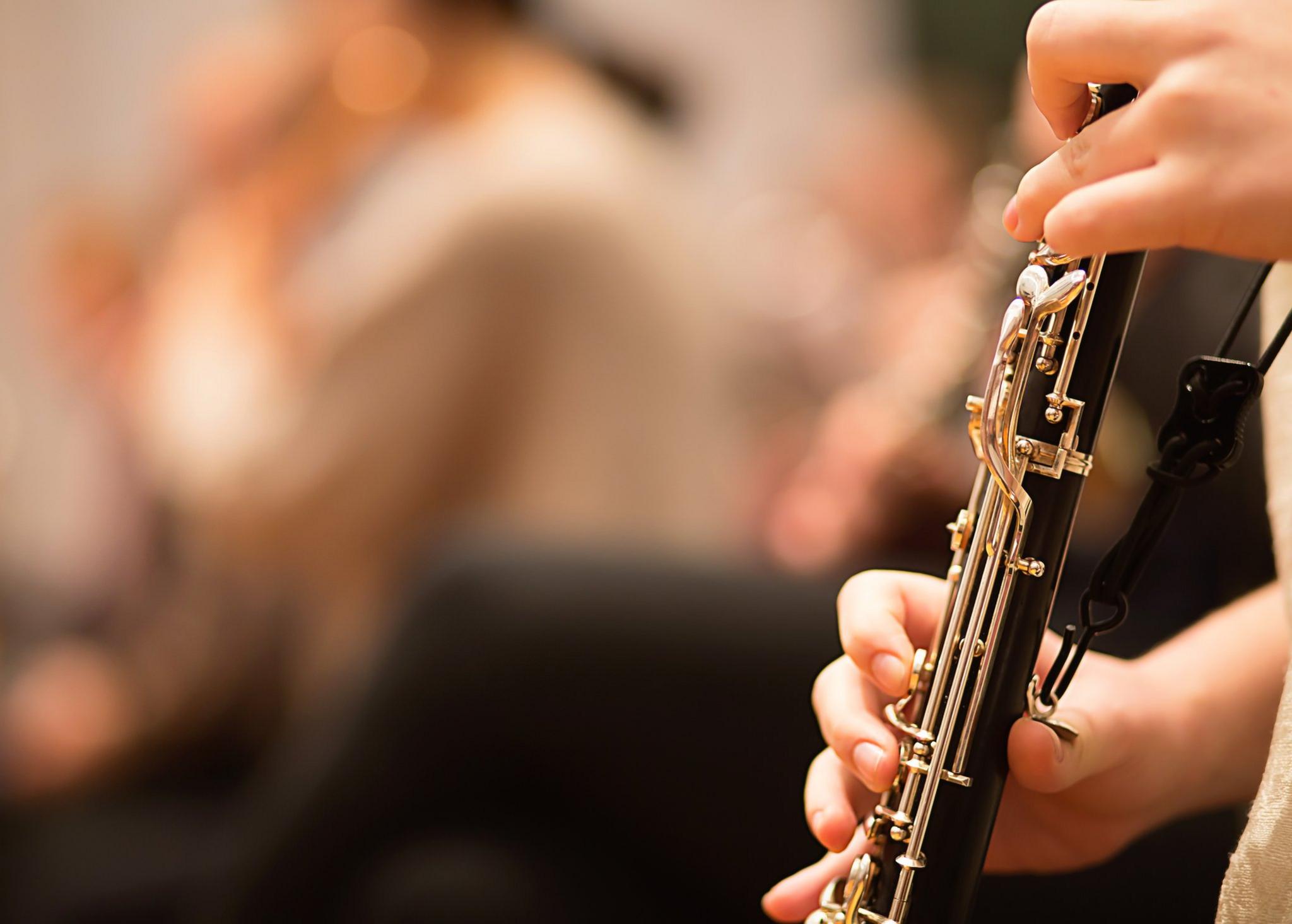
Prof Gilbert is a talented musician and played the oboe at school
Prof Gilbert also had a passion for music and played the oboe in the school orchestra.
After school she went on to study biological sciences at the University of East Anglia, where she also began playing the saxophone as a hobby.
A close friend said: "She played the saxophone, which is a very loud instrument.
"She didn't want to play it in her university room, so she went off campus down into the woods and used to play it in the woods on her own so she didn't disturb others."
She nearly quit science
Professor Gilbert admits that she did think about giving up on a career in science and trying something different, because she often had to work on her own.
"There are some scientists who will happily work more or less on their own on one subject for a very long time… That's not the way I like to work. I like to try to take into account ideas from lots of different areas," she told BBC Radio 4's The Life Scientific, earlier this year.
Eventually though, she decided to have another go because she "needed the income".
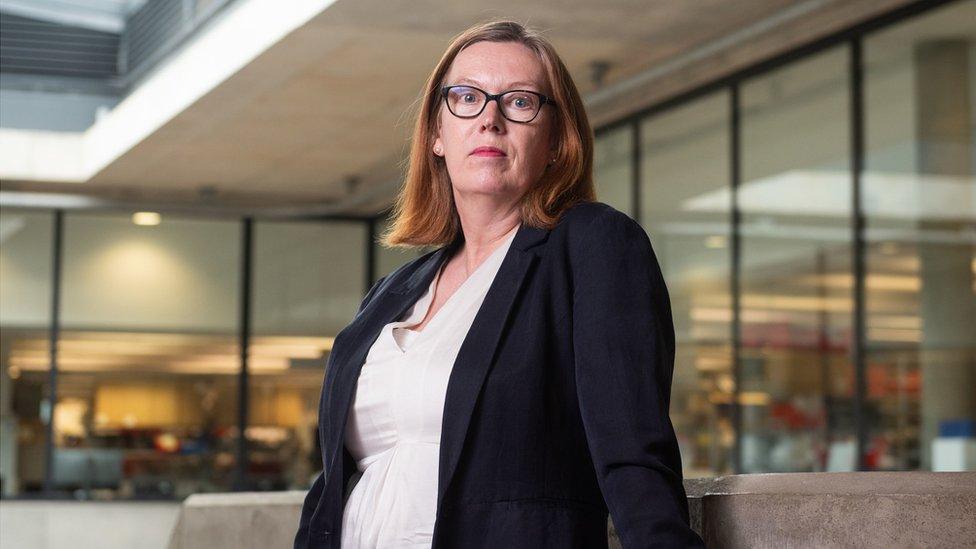
Prof Sarah Gilbert designed the Oxford University coronavirus vaccine
"She's like Superwoman"
Prof Gilbert is also a mum to triplets. They're now grown up but looking after them when they were younger while working on important scientific work is an experience which her friend, Dr Anne Moore says explains her "no nonsense approach".
"When you have three babies instead of one baby, there isn't time for being dramatic, you have to get on with it," said Dr Moore.
One of Prof Gilbert's PHD students at Oxford, Nicola Manning has compared her to "Superwoman".
"It's a big achievement to balance personal life and academic life," she said.
Meanwhile, Sarah Gilbert's son Freddie describes his mum as always being supportive.
All three children chose to do their own thing, he says - although all of them ended up choosing to study biochemistry at university!
Good things come in threes
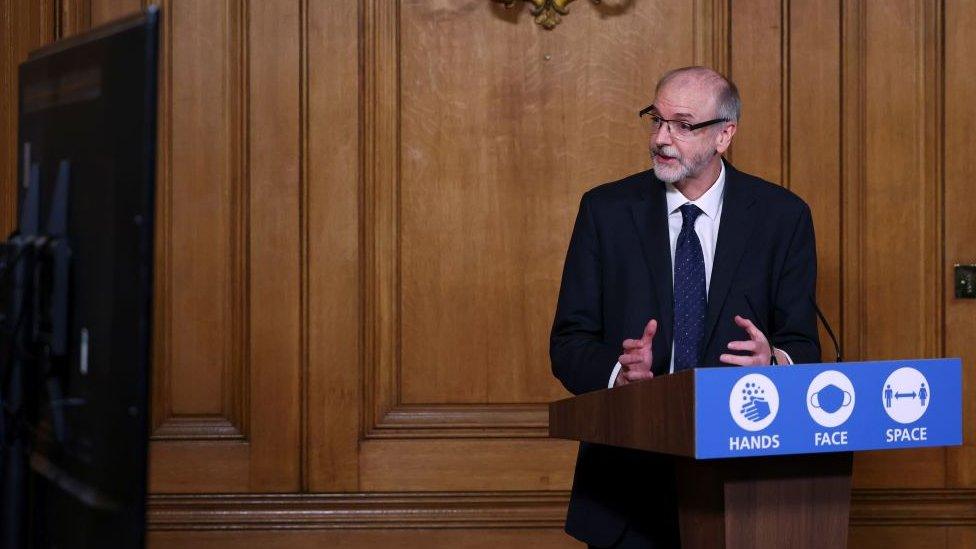
Director of the Oxford Vaccine Group, Prof Andrew Pollard spoke during the prime minister's briefing on 23 November
There are lots of people who have been working to develop the coronavirus vaccine, but Prof Gilbert formed a team of lead scientists that included two other Oxford based professors; Prof Andrew Pollard and Prof Adrian Hill.
For eight months, the three have worked on the vaccine, but have never spent time in the same room together to avoid the potential of passing the virus onto each other and slowing down their work.
Now following the news that the Oxford vaccine is up to 90% effective, the UK government has placed orders for 100 million doses - enough to vaccinate most of the population. Injections of the medicine are planned in the coming weeks if the jab is approved by regulators who check it's safe and effective.
- Published24 November 2020
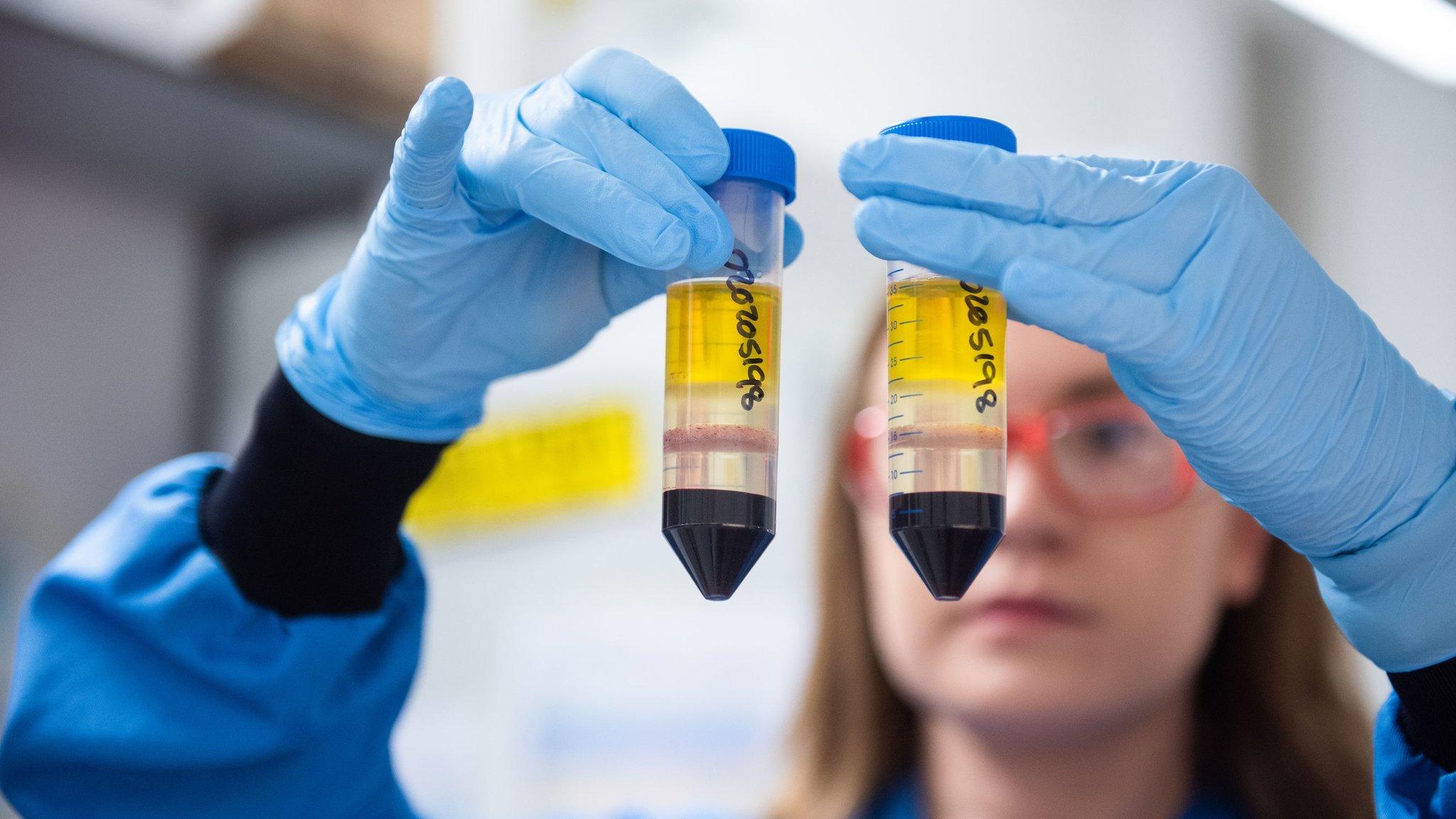
- Published23 November 2020

- Published24 November 2020
